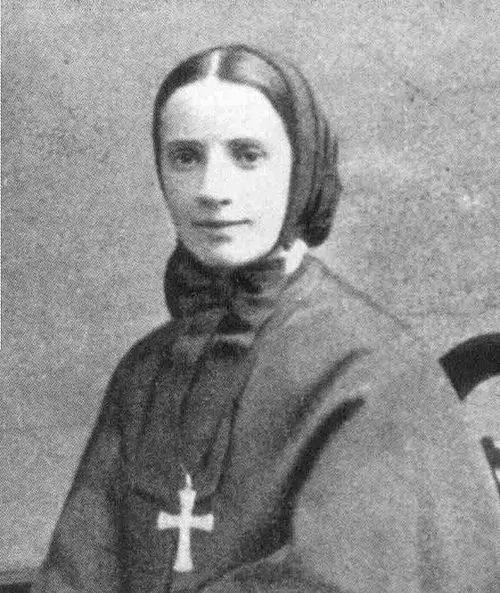
John Chrysostom: The Golden-Mouthed Father of Eastern Orthodoxy
John Chrysostom, also known as the "Golden-Mouthed," was one of the most esteemed Church Fathers in the Eastern Orthodox tradition. Born around 349 A.D. in Antioch, modern-day Turkey, Chrysostom became a prominent bishop, theologian, and homilist whose teachings and writings continue to inspire millions of Christians worldwide.
Early Life and Education
Chrysostom was raised in a pious family and received an excellent education. He studied under the renowned theologian Diodore of Tarsus, which equipped him with profound knowledge of scripture. His early life was marked by a deep commitment to asceticism, leading him to a monastic life in the mountains.
Contribution to Christianity
John Chrysostom is particularly recognized for his charismatic oratory skills, earning him the title "Chrysostomos," meaning "Golden-Mouthed." His sermons and writings are celebrated for their clarity, depth, and moral integrity. He emphasized the importance of social justice, urging wealthy individuals to share their riches with the poor.
Sermons and Homilies
Chrysostom's sermons covered a vast range of topics, from personal morality to the social responsibilities of Christians. His work "On the Priesthood" discusses the role and responsibilities of clergy, highlighting their duty to live a life of humility and service. His passionate preaching style attracted large congregations and significantly strengthened the Christian community in Antioch.
The Divine Liturgy of John Chrysostom
One of his most enduring legacies is the Divine Liturgy named after him, which is still celebrated in Orthodox Churches today. This liturgy emphasizes the importance of community and the sacrament of communion, enriching the spiritual life of its participants.
Conflict and Exile
Despite his immense popularity, Chrysostom's outspoken nature often led to conflict with powerful political and ecclesiastical figures. His criticism of corruption within the church and government caused friction with Empress Eudoxia and other officials. In 404 A.D., he was exiled, resulting in a turbulent period of his life spent in various locations, including the remote regions of Armenia.
Legacy and Repose
John Chrysostom's life came to an end in 407 A.D., during his time in exile. He passed away on September 14, a day commemorated in the Eastern Orthodox liturgical calendar. His feast day is observed annually, drawing attention to his significant contributions to Christian thought and practice.
Influence on Eastern Orthodoxy
Chrysostom's writings, which include over 700 homilies and commentaries, have significantly shaped Christian theology. His ideas on the moral responsibilities of Christians formed a foundation for later theological developments. His commitment to social justice and charitable actions continues to resonate in contemporary Christian teachings, emphasizing the need for compassion and action in the face of societal issues.
Conclusion
John Chrysostom remains a vital figure in the Eastern Orthodox Church, revered for his eloquence, theological depth, and advocacy for the marginalized. His life serves as a testament to the enduring power of faith, charity, and the pursuit of justice. As both a preacher and a pastoral leader, Chrysostom's legacy invites us to reflect on our moral responsibilities within the broader community.






